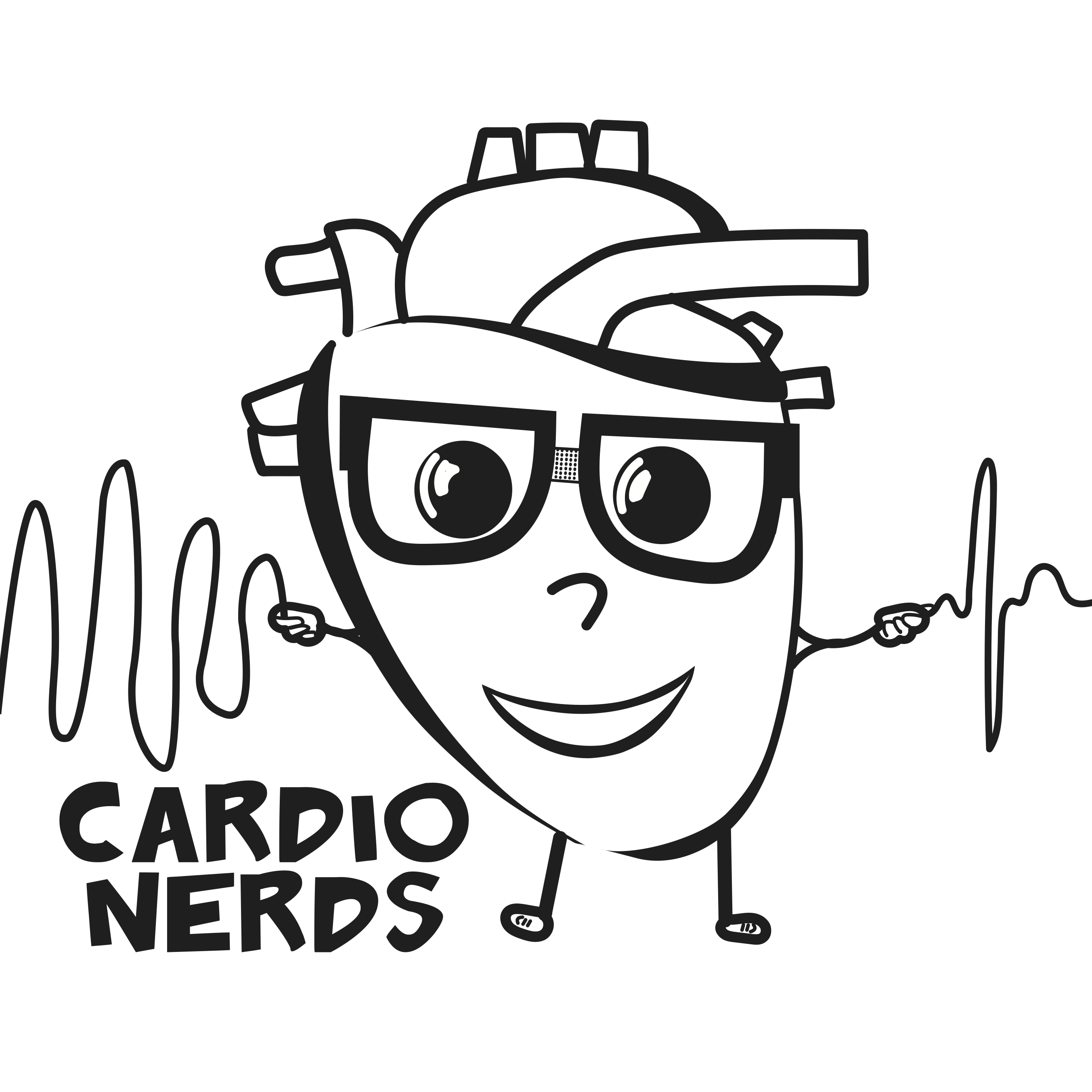262. CCC: Management of Cardiorenal Syndrome in the CICU with Dr. Nayan Arora and Dr. Elliott Miller

The Cardiorenal Syndrome is commonly encountered, and frequently misunderstood. Join the CardioNerds team as we discuss the complex interplay between the heart and kidneys with Dr. Elliott Miller (Assistant Professor of Medicine at Yale University School of Medicine and Associate Medical Director of the Cardiac Intensive Care Unit of Yale New Haven Hospital), and Dr. Nayan Arora (Clinical Assistant Professor of Medicine and Nephrologist at the University of Washington Medical Center). We are hosted by FIT lead Dr. Matthew Delfiner (Cardiology Fellow at Temple University), Cardiac Critical Care Series Co-Chairs Dr. Mark Belkin (AHFTC faculty at University of Chicago) and Dr. Karan Desai (Cardiologist at Johns Hopkins Hospital), and CardioNerds Co-Found Dr. Dan Ambinder. In this episode we discuss the definition and pathophysiology of the cardiorenal syndrome, explore strategies for initial diuresis and diuretic resistance, and management of the common heart failure medications in this setting. Show notes were developed by Dr. Matthew Delfiner. Audio editing by\xa0CardioNerds Academy Intern, student doctor\xa0Akiva Rosenzveig.\n\n\n\nThe CardioNerds Cardiac Critical Care Series is a multi-institutional collaboration made possible by contributions of stellar fellow leads and expert faculty from several programs, led by series co-chairs,\xa0Dr. Mark Belkin,\xa0Dr. Eunice Dugan,\xa0Dr. Karan Desai, and\xa0Dr. Yoav Karpenshif.\n\n\n\n\n\nPearls \u2022 Notes \u2022 References \u2022 Production Team\n\n\n\n\n\n\n\n\n\n\n\nCardioNerds Cardiac Critical Care PageCardioNerds Episode PageCardioNerds AcademyCardionerds Healy Honor Roll\n\n\n\n\n\nCardioNerds Journal ClubSubscribe to The Heartbeat Newsletter!Check out CardioNerds SWAG!Become a CardioNerds Patron!\n\n\n\n\n\n\n\n\n\nPearls and Quotes - Management of Cardiorenal Syndrome in the CICU \n\n\n\n\nCardiorenal syndrome (CRS) represents a range of clinical entities in which there is both heart and kidney dysfunction, and can be driven by one, or both, of the organs.\n\n\n\nCRS is caused by reduced renal perfusion, elevated renal congestion, or a combination of the two. Treatment therefore focuses on increasing perfusion, by optimizing cardiac output and mean arterial pressure, and reducing congestion through diuresis.\n\n\n\nPatients should be monitored for an adequate response to the initial diuretic dose within 2 hours of administration. If the response is inadequate, the loop diuretic dose should be doubled.\n\n\n\nDiuretic resistance can be managed via sequential nephron blockade, most commonly with thiazide diuretics, but also with amiloride, high-dose spironolactone, or acetazolamide, as these target different regions of the nephron.\n\n\n\nIn cases of refractory diuretic resistance, hypertonic saline can be considered with the help of an experienced clinician.\n\n\n\nContinuation or cessation of renin-angiotensin-aldosterone system (RAAS) inhibitors in the setting of CRS should be made on a case-by-case basis.\n\n\n\n\nShow notes - Management of Cardiorenal Syndrome in the CICU \n\n\n\n1. Cardiorenal syndrome (CRS) is a collection of signs/symptoms that indicate injury to both the heart and kidneys. Organ dysfunction in one can drive dysfunction in the other. Cardiorenal syndrome can be categorized as:\n\n\n\n\nType 1 - Acute heart failure causing acute kidney injury\n\n\n\nType 2 - Chronic heart failure causing chronic kidney injury\n\n\n\nType 3 - Acute kidney injury causing acute heart failure\n\n\n\nType 4 - Chronic kidney injury causing chronic heart failure\n\n\n\nType 5 - Co-development of heart and kidney injury by another systemic process.\n\n\n\n\nThese categories can be helpful for education, discussion, and research purposes, but they do not usually enter clinical practice on a regular basis since different categories of cardiorenal syndrome are not necessarily treated differently.\n\n\n\n2. CRS is caused by either reduced renal perfusion, elevated renal congestion, or a combination of the two. When dealing with CRS, note that:\n\n\n\n\nCRS can be caused by poor kidney perfusion,